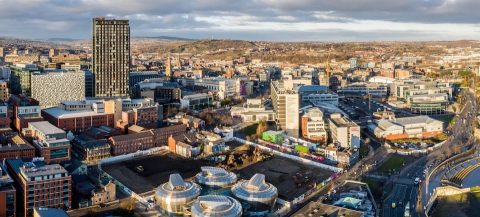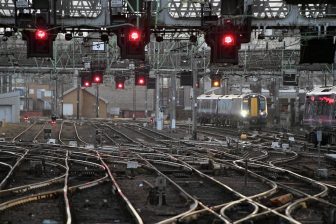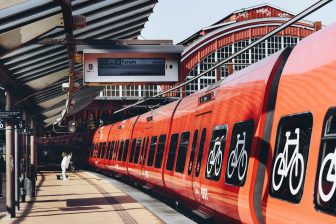
North England leaders respond to HS2 study terms of reference
Britain’s high-speed rail project, HS2, is currently under construction between the west of London and Birmingham. Despite the UK government significantly reducing the scope of the project, and cancelling the section that would have served the northern cities of Sheffield and Leeds, a new study is on the table. The joint response from civic leaders in the major cities potentially served is upbeat: there is renewed hope that high-speed trains might reach the north, in some capacity at least.
Want to read more?
You have read all of your free premium articles for this month. Please become a subscriber to keep reading.
Subscribe now!
Take advantage of our exclusive offer to get full access to all premium content.



